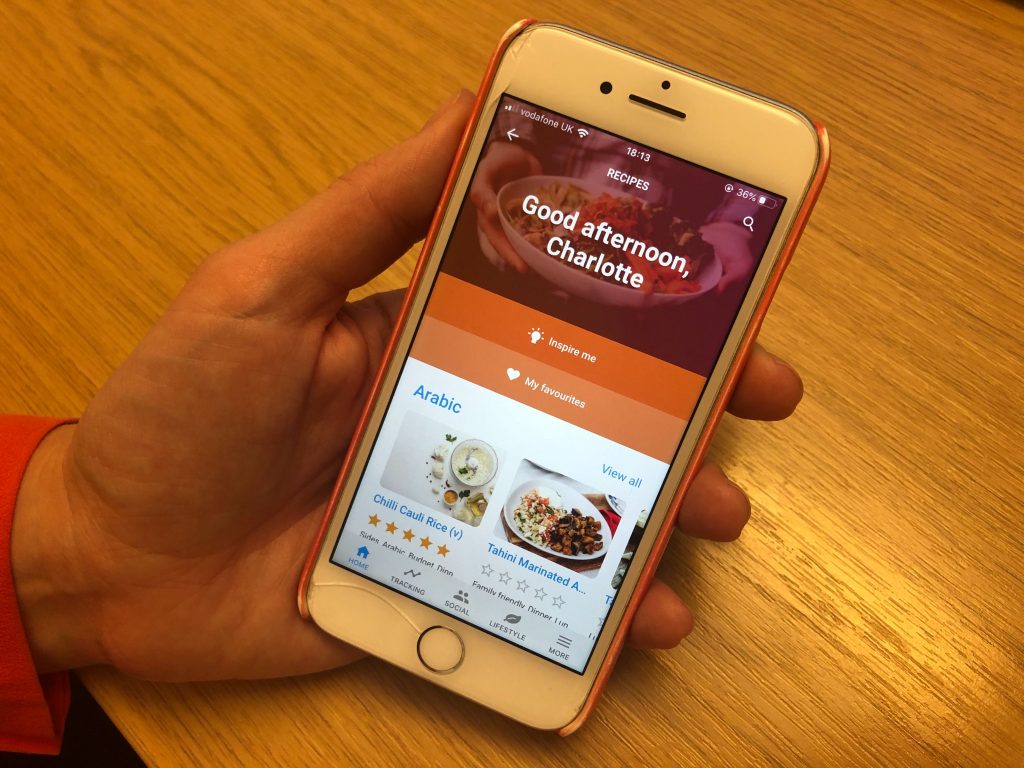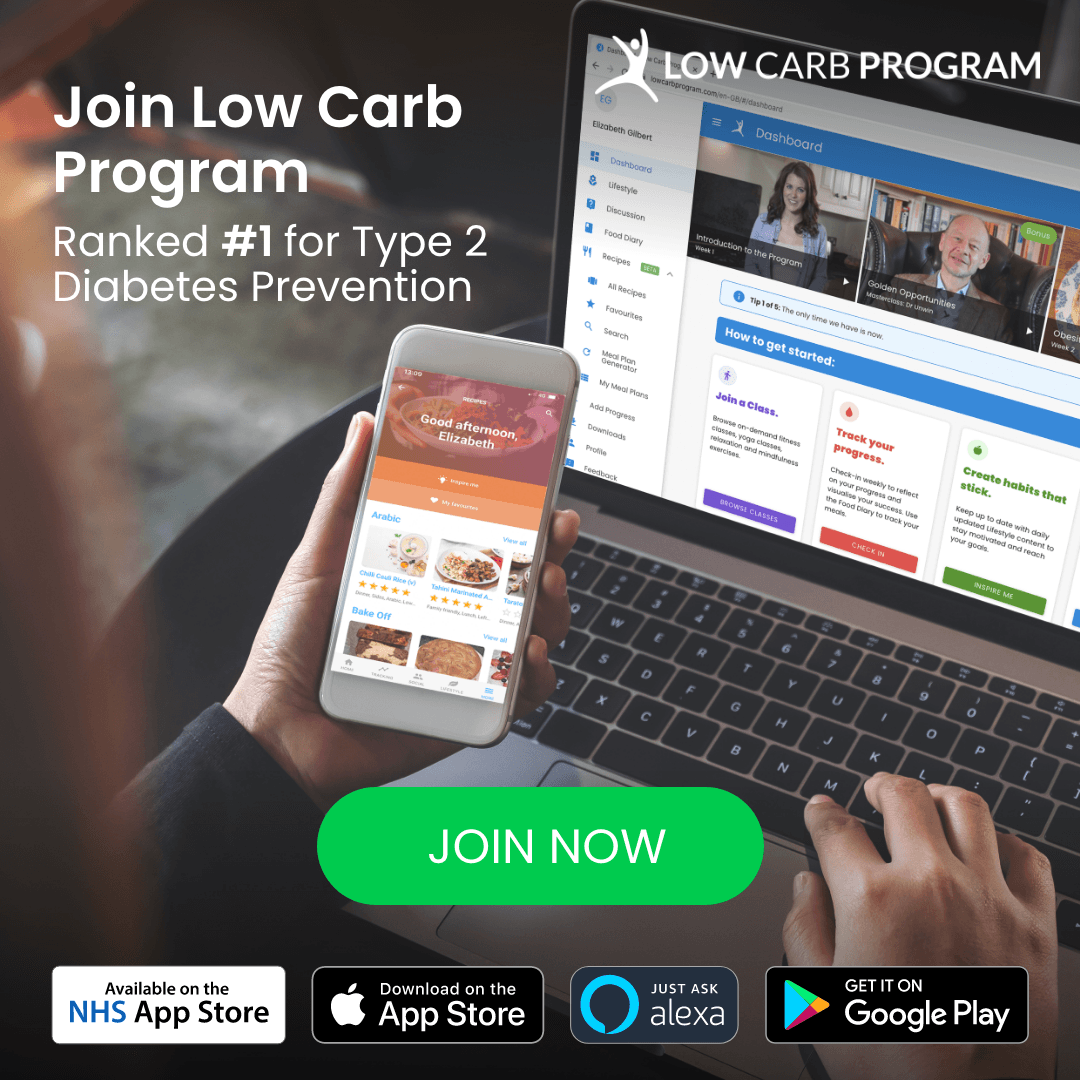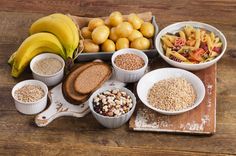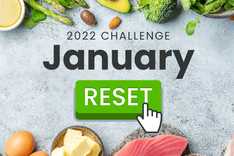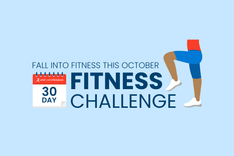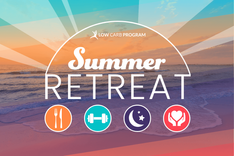How to get started on low carb: our 9 tips for success
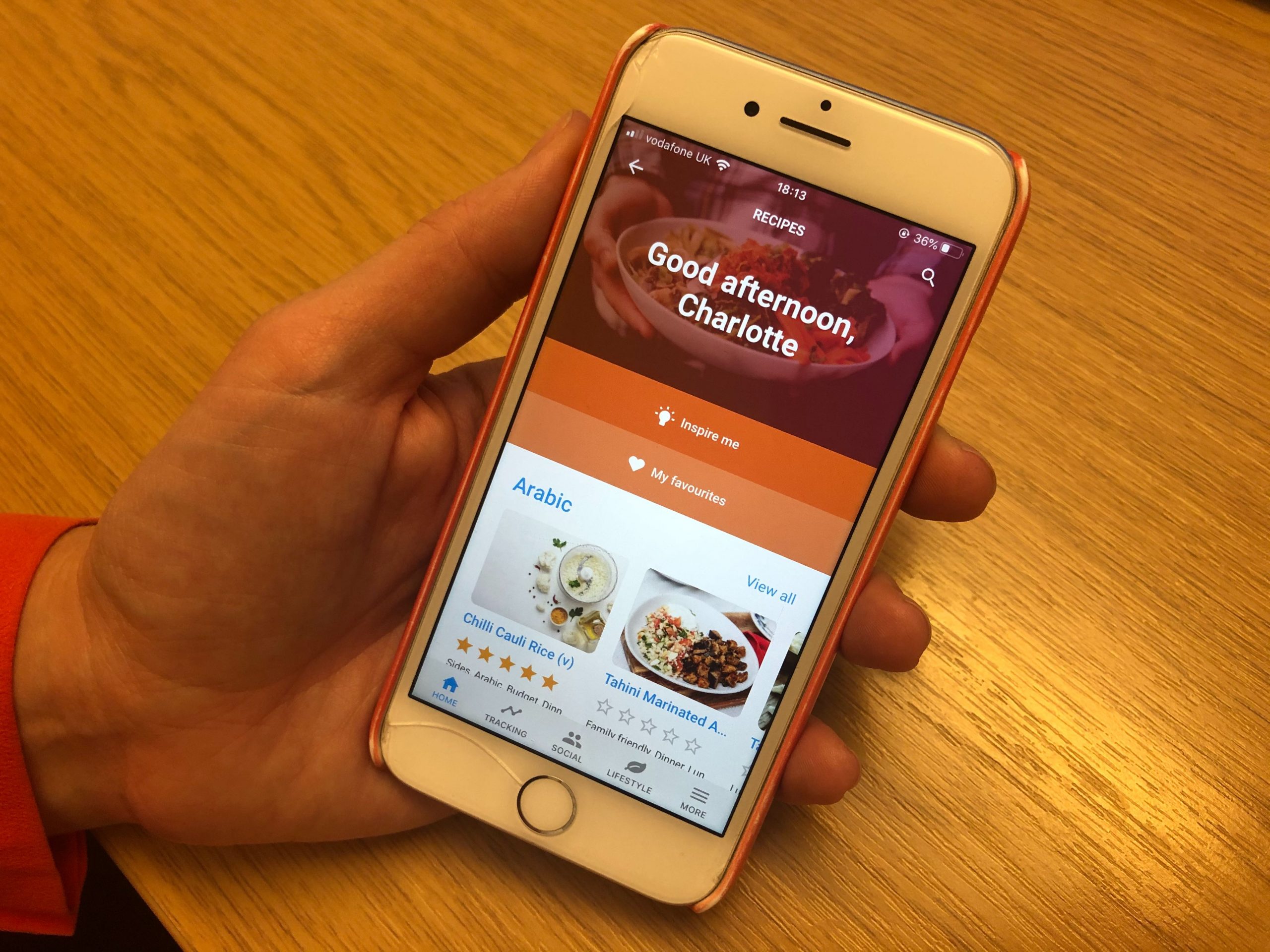
1. Think about your ‘why’
Before you even start, it can be really helpful to think carefully about why you are looking to embark on a low carb lifestyle. Having a clear set of goals at the start can help maintain motivation and give you something specific to work towards.
Write down a clear set of goals now so if down the line you start to lose motivation, you can easily revisit these and remind yourself why you started. Why not try setting some SMART goals to help you come up with some goals which are realistic, achievable and motivating.
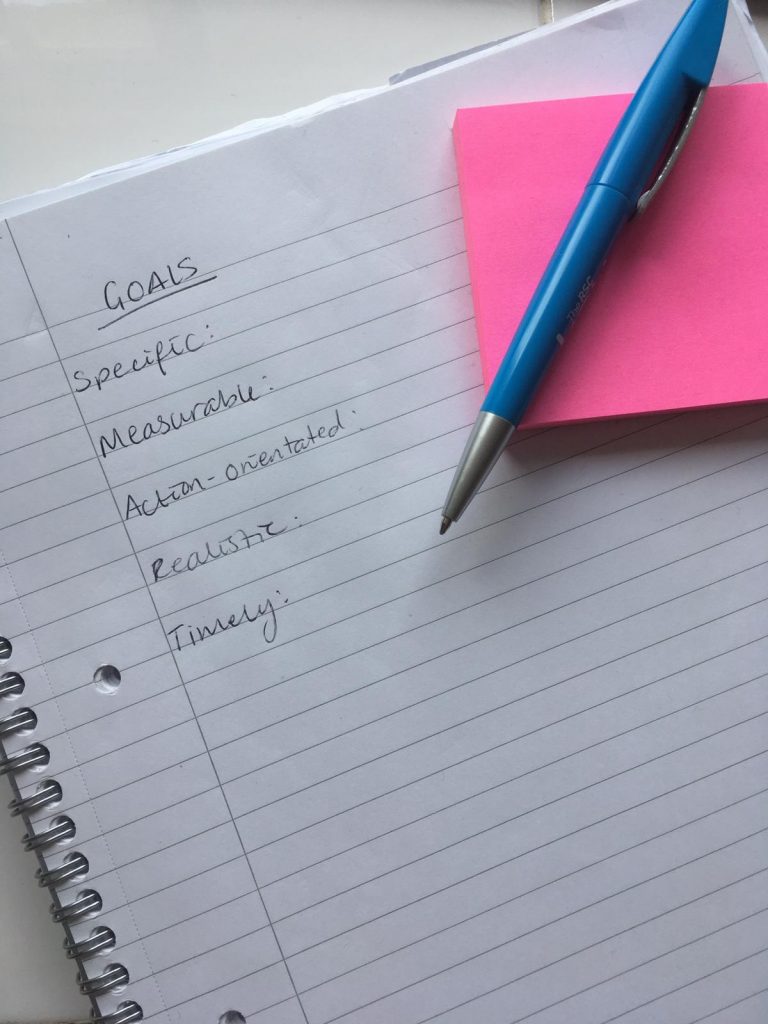
2. Become a student again
Many people find that understanding some of the basic science behind low carb can help them to understand how and why the changes that they are making are helping them to achieve their goals. For example, if your goal is to improve your blood glucose control, it can be helpful to understand that higher carb foods can cause spikes in blood glucose level.
Learning which of your favourite foods are higher in carbs and which are lower can empower you to make the right decisions to manage your blood glucose and allow you to become creative with your meals.
As one of our Low Carb Champions, Diane, said “Go for it. Educate yourself and read as much as you can”.
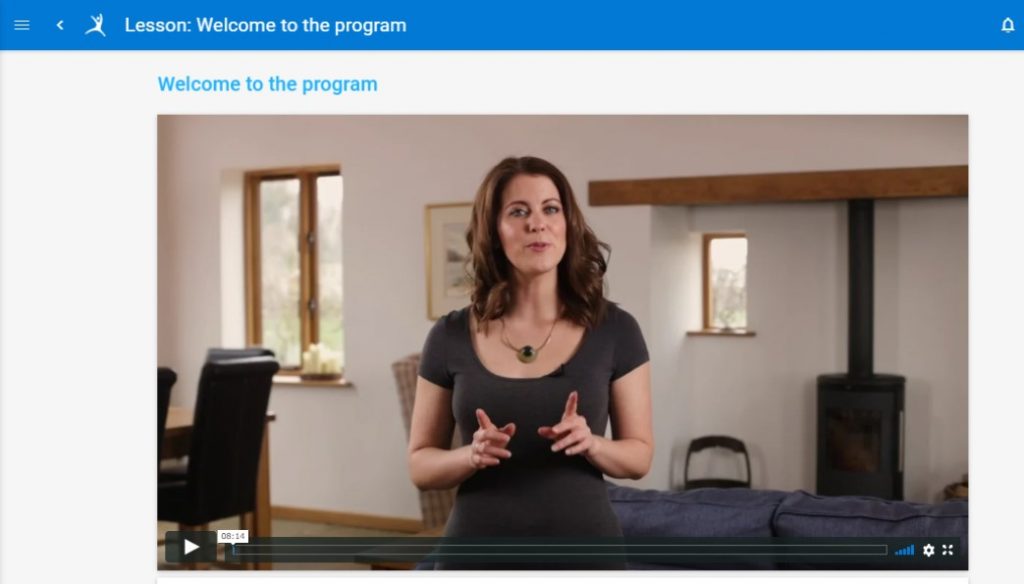
3. Forget the diet
The term ‘diet’ often gives the impression of a short-term way of eating and can have connotations of constantly feeling hungry and missing out. But, if you’re looking to improve your health in the long run, it’s important to find a way of eating that reflects this.
It can be helpful for some people to ditch the diet mentality and instead focus on creating a low carb lifestyle. We don’t want the low carb way of eating to feel overly restrictive or boring – in fact it’s the opposite! We’ve created recipes that you and the whole family will enjoy, including favourites like bolognese, lasagne and pancakes.
When it comes to feeling hungry, a lot of people find that the combination of increased healthy fat intake and fewer blood glucose level spikes actually help them to feel more satisfied after eating.

4. Become a shopping pro
The supermarket can be daunting, especially if you are trying a new way of eating. We’ve put together a go-to guide on the Low Carb Program to help you navigate the supermarket while keeping low carb in mind.
In general, it can be helpful to make a clear shopping list before you go and not shop when you are hungry to reduce the temptation to buy high sugar snacks and things not on your list.

5. How low do you go?
Low carb is generally defined as reducing carbohydrate intake to 130g or less per day. For some people this is low enough for them to feel comfortable and achieve their goals. Others prefer to aim for a lower carbohydrate intake per day. Take some time to experiment and see how you feel at different levels of carbohydrate intake.
For those getting started it can be easier to gradually reduce carb intake over a number of days or weeks. We have a range of moderate carb recipes on the Program which can help with this transition period.
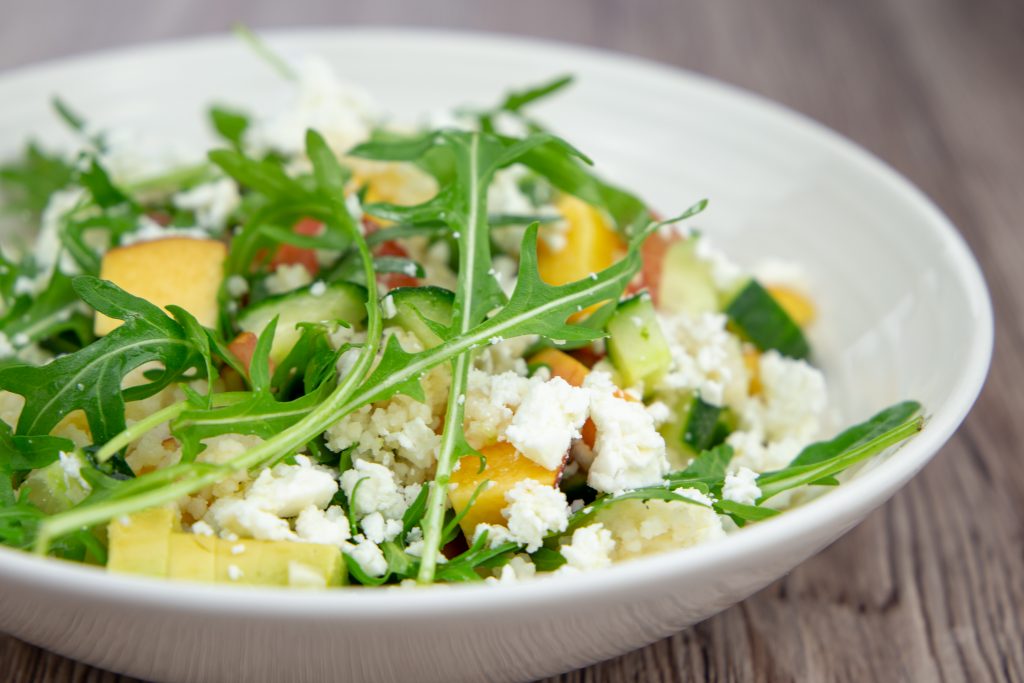
6. Keep a food diary
For many people, going low carb is a learning curve. Tracking your food intake, even just for a few days, can help you to understand how many carbs you are eating, and where the most carbs are coming from. You might be surprised by some of the higher carb culprits!
For those who are testing blood glucose levels, tracking this alongside your meals can help you to see any patterns that arise between different foods and blood glucose level.
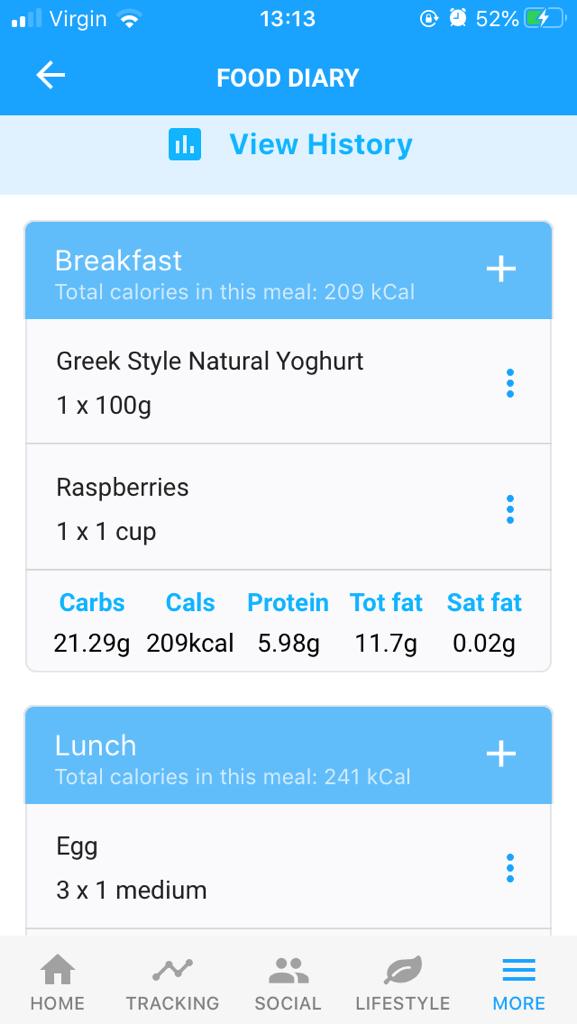
7. Use your support network
Starting a new way of eating can be difficult at times. This is where your support network comes in. Whether it’s friends, family or the online community, having people there to motivate and encourage you can make all the difference.
Finding a support network of people on a similar low carb journey is also a great opportunity to share tips, advice and resources.
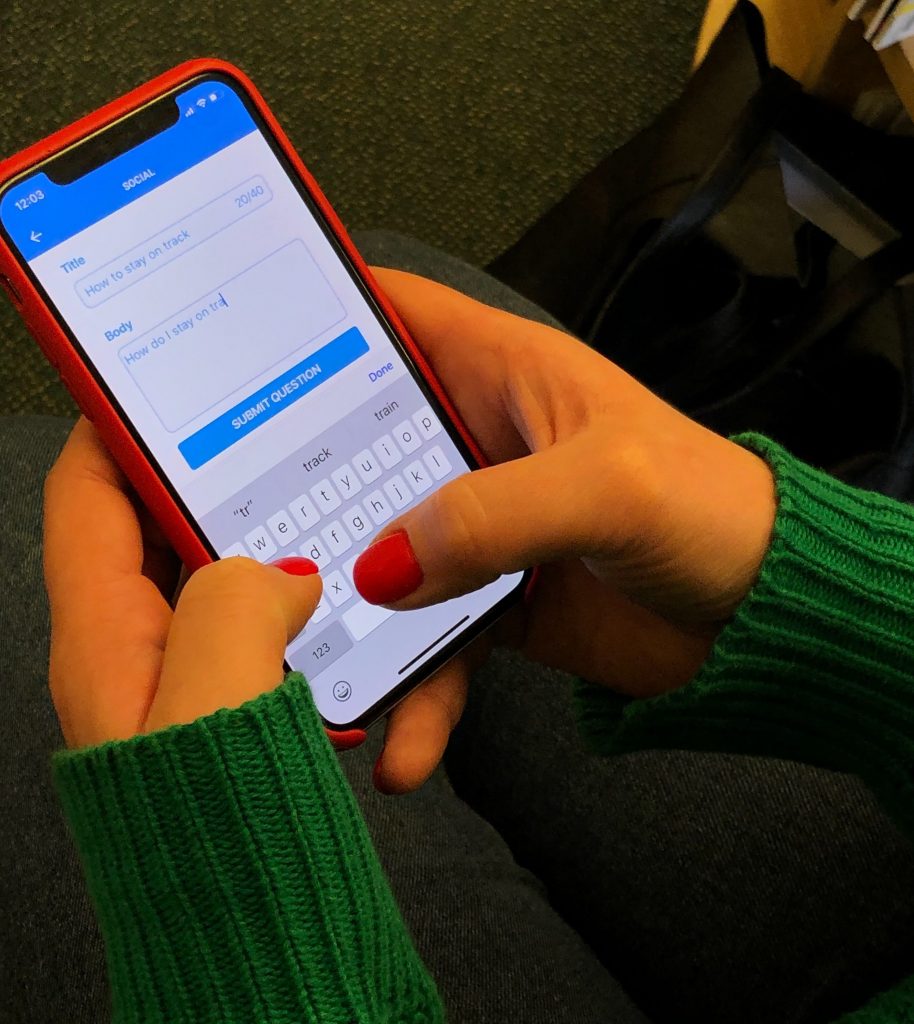
8. Go for it
We asked some of our Low Carb Champions to give us some of their top tips for getting started and the common theme was to “go for it”. Here are some of our favourite quotes:
Jean Amison: “Grasp it with both hands, it’s turned my life around. Before, my doctor told me that as time went on I’d probably need to take insulin, but since starting the Program I’ve managed to come off nearly all of my medication. You’ll see results in such a short space of time.”
Vince Smith: “Do it. I used to have dry skin and a dry scalp and that’s gone now. There’s other benefits than just blood glucose control, it can help with weight loss, circulation and foot issues”.
John Nevans: “Be prepared and just do it and consider getting a mentor to support you”.
Chrissy Stevens: “Don’t give up. The first two weeks are the worst but then it becomes a lot easier”.
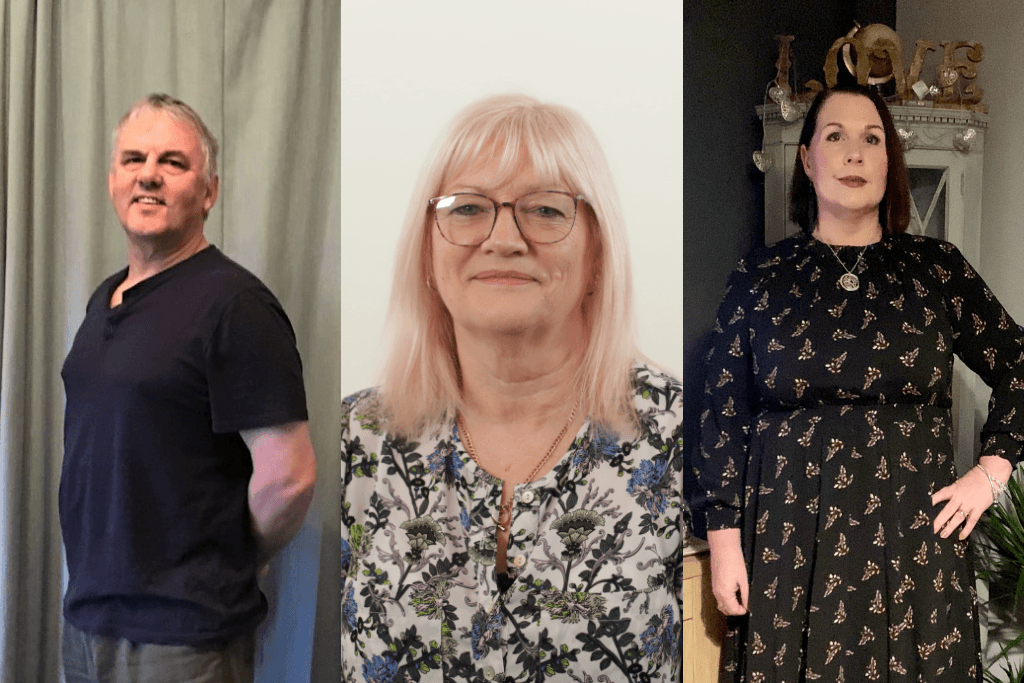
9. Remember – it’s not always about perfection
Sometimes we are too hard on ourselves for not achieving perfection. The important thing to remember is that progress is not always about perfection!
It’s likely that everyone will slip up every so often, but the best thing to do is remember your motivation and goals and get back on it as soon as you can.
